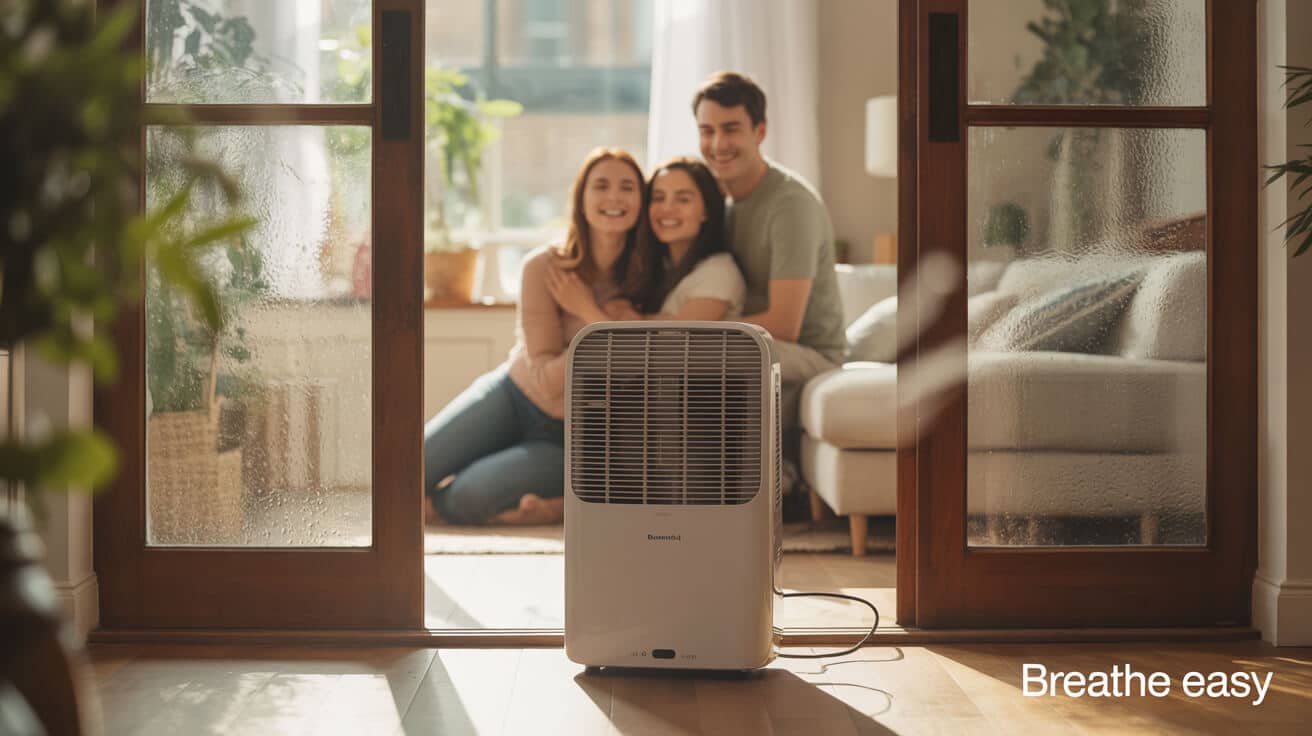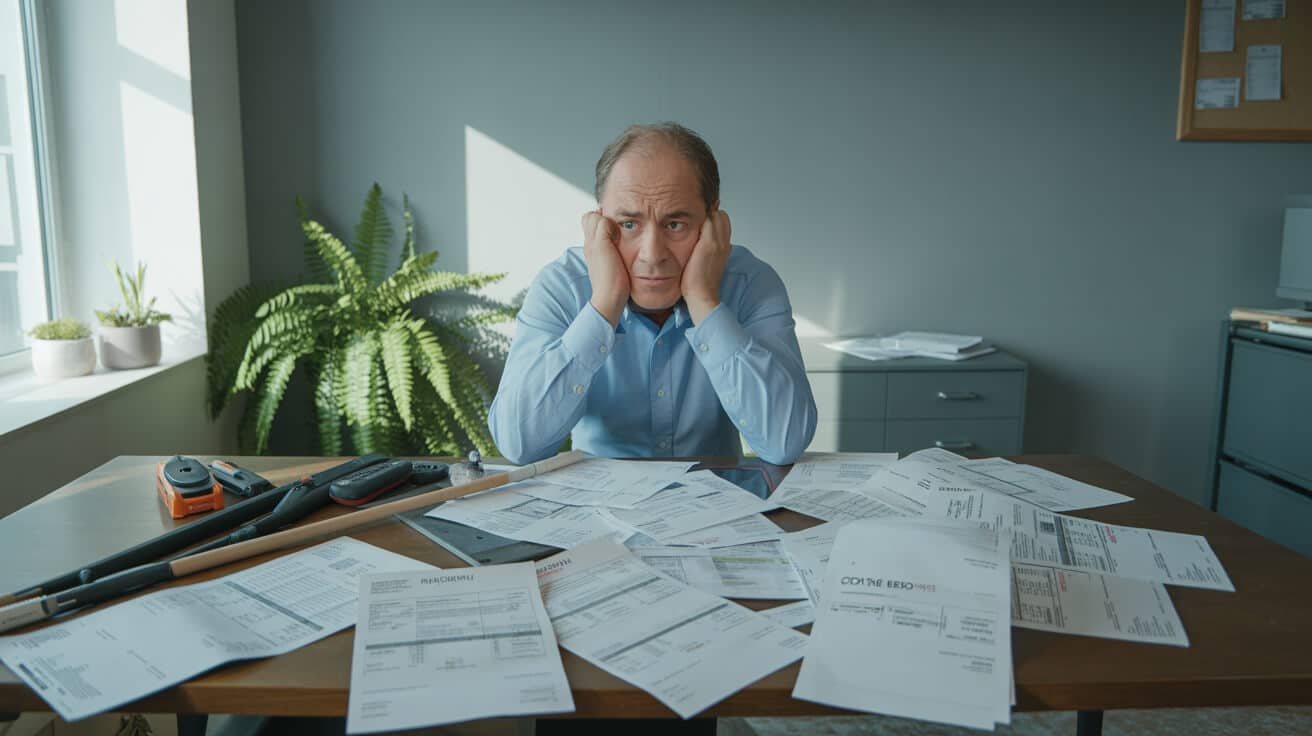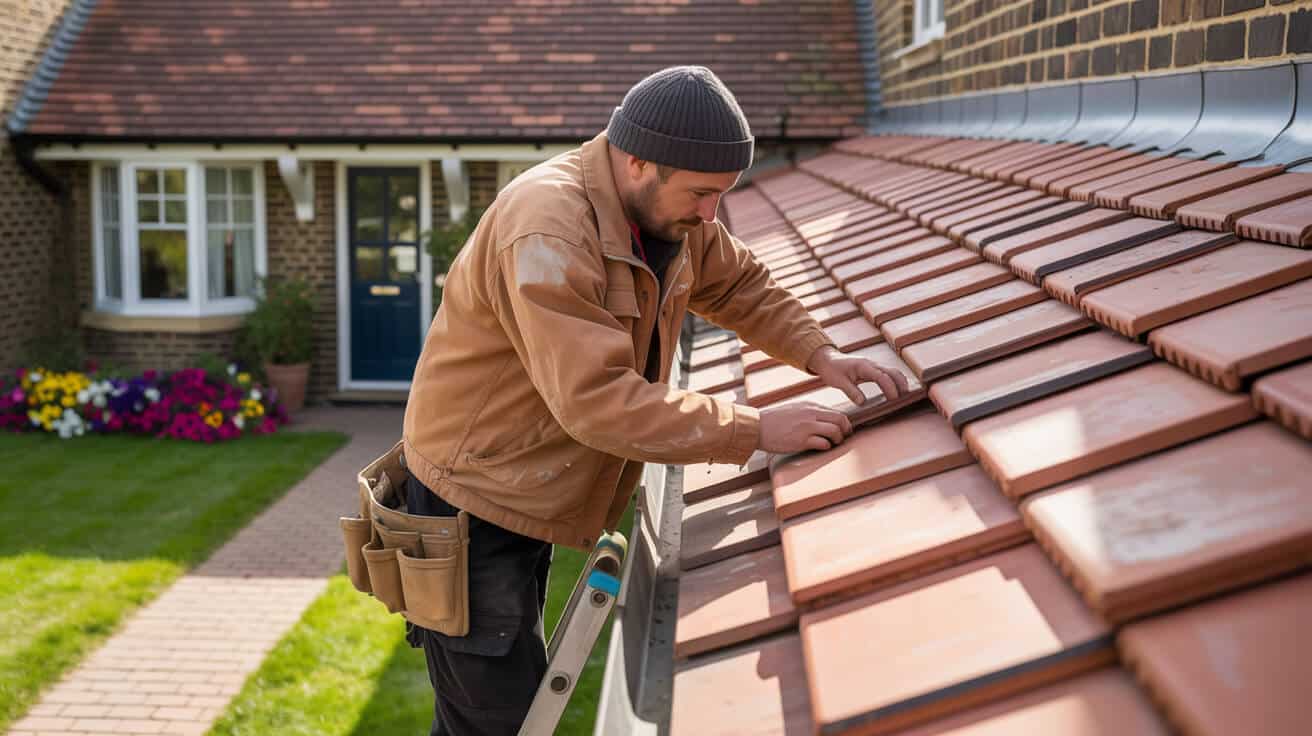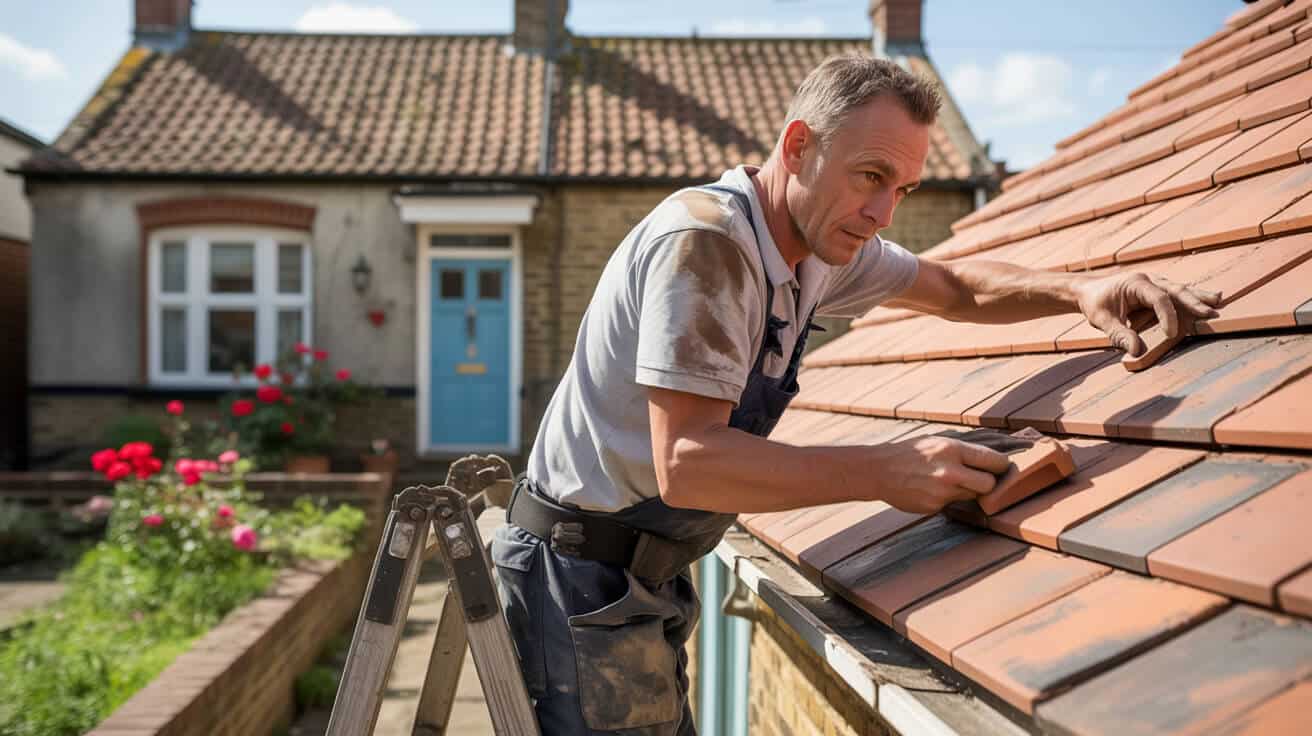 Seasonal Property Maintenance Checklist For Hospitality Businesses
Seasonal Property Maintenance Checklist For Hospitality Businesses

Why Does Seasonal Maintenance Matter for Hospitality Businesses?
The engine of hospitality isn’t the headline-grabbing gym refurb or trendy booking app—it’s the invisible, relentless rhythm of seasonal property maintenance. That’s what builds trust with paying guests and keeps costs from spiralling. Every single day in this sector, unsexy but crucial risks drift into view: boilers lose efficiency, roofs start to seep, outlets flicker, and compliance dates edge closer on the calendar. Neglect narrows the gap between routine wear and an emergency that drills directly into your margins and your reputation.
Prevention isn’t flashy, but it’s the clearest signal of a business that intends to last.
Elite UK operators—whether you’re running a smart B&B, a busy hotel, or an urban serviced apartment—know maintenance isn’t a background task. It’s the main insurance. In the hospitality sector, guests don’t care how a fire alarm got tested, just that it always works. Commit to a season-by-season care routine and you move from constant firefighting to the kind of steady, predictable operation that guests (and staff) can count on.
This isn’t just a list of jobs. This guide is a UK-built, compliance-calibrated checklist for hospitality properties. For every recommendation, you get the “so what?”—what it saves, what law or comfort standard it underpins, and where the next competitor will slip up if they don’t follow suit. Build this discipline, and your maintenance isn’t a stress point. It’s your property’s shield and a quiet badge of professionalism.
Where Do the Biggest Compounding Maintenance Costs Hide?

Delaying fixes in hospitality isn’t a cost-neutral move, it’s a rapid amplifier. This sector is notorious for compounding risks—putting off a gutter clear-out or ignoring the tiny drip from a basement pipe doesn’t just lead to a tidy future invoice. It often seeds a multi-thousand-pound, occupancy-wrecking issue exactly when you’re busiest.
The smallest skipped job is often the one that triggers the greatest expense.
Research is blunt: unplanned downtime can evaporate up to £200,000 in revenue per hour for hotels (clairvoyantuae.com/cost-of-neglecting-facility-management-hotels). But the true expense isn’t simply the bill for a last-minute plumber—it’s the rooms you have to close, the negative blast on TripAdvisor, and every “lost” guest who doesn’t return or refer.
High-Risk Cost Traps
- Deferred boiler/HVAC servicing: — Today’s obscure heating complaint can freeze out dozens of guests tomorrow.
- Skipped safety system checks: — A non-working emergency sign can void insurance or fail fire compliance, dragging on room availability.
- Uninspected roofs and gullies: — A cheap clear-out today dodges heavyweight water ingress, damage, and out-of-hours callouts in winter storms.
- Low-level plumbing/electrical symptoms: — That slowly filling sink or flickering corridor light often signals much larger trouble that will surface on a full-house Saturday.
Actions That Kill the Compounding Cost Threat
- Schedule quarterly “all-systems” reviews—don’t just rely on what guests point out.
- Document every fix, no matter how minor. Unticked lists breed repeat costs.
- Remember: the “saving” on a skipped £200 certification will likely bring a £1,800 emergency bill later.
- Triage: zone in on high-risk areas—compliance items, rooms prone to historic leaks, high-traffic spaces.
Proactive routines flatten out this cost curve. If it feels like an upfront expense, remember—reactivity is always pricier and more destructive to your business reputation.
How Do Health & Safety Regulations Affect Each Season?

UK hospitality is regulated tight. Your business isn’t just dealing with one-off checks: it’s a living network of legal triggers—Gas Safe, EICR, emergency lighting, fire exits, Legionella, and more. None of these cares whether you’re at 30% capacity or in the teeth of festival season. Miss a compliance window, let a certificate expire, or mishandle an event rearrangement, and you’re exposing your business to fines, shutdowns, and lost guest trust.
The Health and Safety Executive cuts to the core: “Welfare facilities must be properly maintained… documented inspections and action logs are critical for legal compliance” (hseni.gov.uk).
Compliance isn’t a box to tick—it’s the confidence behind every guest’s stay.
Regulatory Hotspots by Season
- Cert renewals: — Mark every expiry: Gas Safe, fixed wiring EICR, fire alarms, Legionella, asbestos, and emergency lighting.
- Expiry dates: — Give yourself a minimum six-week buffer. No one wins a last-minute document scramble.
- Logs are life: — If your compliance records vanish in a desktop crash, digitise. Retain backups. Lost paperwork equals risk.
- Reconfiguration risks: — Rearranging a dining space or converting function rooms? Physically test all access routes, illuminated signs, and emergency systems before reopening.
Fold these into your seasonal checklist and the business isn’t just audit-ready—it’s audit-proof, all while assuring guests and investors you actually walk the talk.
What HVAC, Water, and Plumbing Checks Should Be Scheduled Before Each Season?

Building systems are the heartbeat of guest comfort and energy savings. As each season turns, HVAC, water circuits, and plumbing face new stressors—overheating in summer, freezing in winter, stop-start cycles in off-peak. That’s when overlooked wear (a tired boiler, old valves, mossy philtres) tip into actual faults.
Preventative attention is money in the bank. Facilities studies back this up: routine system resets (“simple steps like philtre replacements and control recalibrations”) cut energy use up to 15% and ensure reliability (clairvoyantuae.com).
System failures don’t start with chaos—they start with minor, missed upkeep.
Your Seasonal System Shield List
- Have all boilers, heaters, AC and hot water equipment checked by accredited techs before temperature swings and occupancy spikes.
- Replace HVAC philtres, bleed radiators, and recalibrate thermostats on set intervals—don’t wait for a guest to notice.
- Schedule plumbing flushes and pressure checks pre-winter to avoid surprise airlocks or pipe bursts.
- Log Legionella testing, temperature readings, and servicing events digitally, so audits and emergency checks are seamless.
Make every system serve your guest—not serve up surprise costs or guest complaints.
How Do You Prepare Exteriors, Entrances, and Grounds for Seasonal Change?

The outside of your property is both your silent welcome sign and an insurance claim waiting to happen. The UK’s unpredictable weather doesn’t give you a break. Autumn leaves in your gutters, lifted paving stones from overnight frost, overgrown paths, or a dodgy carpark drain—any of these can turn into a guest injury or regulator’s report.
A maintained exterior radiates intent and professionalism; a neglected one does the opposite.
A well‑cared‑for entrance is your first silent safety declaration.
The Non-Negotiables for Every Change of Season
- Clean all gutters, scan high and low roof lines, and visually track any tile drift at the start and close of high-impact weather seasons.
- Treat or repaint timber to block out moisture ingress before the rains or heat waves expose weak points.
- Test every external light—from doorways to signage—before dark evenings and early mornings catch you out.
- Scan for slips, trips, or visual obstacles; fix paving, clear obstructions, and ensure parking and walkways feel and look safe.
A scrupulous routine here doesn’t just lower the chances of injury—it kills off insurance headaches, keeps regulators happy, and gets you noticed for all the right reasons.
How Do You Maintain Fault-Free, Welcoming Guest Spaces Every Season?

Flawless first impressions rarely stem from big gestures. They’re born from a culture of invisible, systematic property care—spaces that “just work,” from the lobby to every single guestroom. The moment maintenance slips, you feel it: socket that’s loose, window with a sticky lock, or amenities that are near-empty. In hospitality, guests don’t always name great comfort—they simply notice its absence and tell the internet.
Invisible care is the backbone of five-star guest perception.
The Musts for Guest Room and Amenity Upkeep
- Deep-clean and rotate checks for rooms and all communal spots—proactivity here halves complaint rates.
- Double-check (not assume) every fixture, lock, safety catch, and loose fitting during every guest turnover.
- Monitor fridge and freezer temperatures religiously—regulators expect logs; insurers will ask for them.
- Pressure-test sockets, appliance points, smoke alarms, and lights on a pre-set schedule.
- Restock toiletries, paper, and hospitality-specific consumables before they get low enough to spark a negative comment.
Quietly tracking these details is what transforms indifferent online reviews into strong, word-of-mouth recommendations.
Why Must Maintenance Actions Be Documented and Tracked Digitally?

If it’s not written down, it didn’t exist—at least not when the insurer, regulator, or upset guest is looking for proof. Living in email chains or on the back of a napkin isn’t going to cut it during a licencing inspection or a guest dispute. Flawless digital records mean lower risk, better audit results, and smarter planning.
Modern UK operations are digitising every checklist: from completed repairs (with before/after photos) to compliance deadlines and annual safety reports. This isn’t admin—it’s business protection and leverage.
Clear records turn a compliance audit from a headache into a handshake.
What Secure, Proactive Logs Should Cover
- Centralise all checks, issues, and repairs in a digital dashboard or—bare minimum—an indexed spreadsheet.
- Always snap relevant photo proof of problems and fixes; it’s your insurance backstop.
- Harness auto-reminders for expiring certificates and annual check-ins—this step alone saves on missed renewals.
- Widen secure access to logs for your team, select contractors, or trusted compliance partners—resilience relies on everyone.
Pressure-test your record-keeping now so you’re never caught out by a call from a regulator or a late-night insurance clause check.
How Should You Build and Maintain a Seasonally Trained, Resilient Team?

No system sticks without people who care. Property maintenance, especially in hospitality, is only as good as the team at the frontline. Staff rotate, new risks come in with every season, and even the best protocols get stale without refreshers. Your edge? Repeating drills, open escalation charts, and a culture where feedback is logged—not lost.
A 2024 UK council report nails it: “Well‑trained teams reduce maintenance oversights and respond faster in a crisis” (shropshire.gov.uk).
Maintenance resilience is earned through habit, not just instruction.
Build Enduring, Responsive Teams by:
- Scheduling recurring, brief training and update meetings for everyone, including seasoned staff.
- Running crisis drills—simulate common emergencies (floods, fire, power outage) in each season before it happens for real.
- Logging each training session and collecting action-based feedback; don’t treat sessions as paper exercises.
- Posting and regularly updating escalation flowcharts and response “cheat sheets” at service points.
This upfront investment reduces panic, sharpens operational responses, and flips “maintenance” from a pain point into a culture asset that drives consistency and loyalty.
All Services 4U: Your Seasonal Maintenance Partner for Hospitality
The secret to smooth hospitality isn’t going it alone—it’s knowing when to bring in multi-trade support that gets your sector. All Services 4U isn’t just a contractor. Across the UK, our certified, hospitality-tuned engineers handle ongoing compliance, big repair jobs, energy upgrades, and stressful emergency callouts—always with paper trail and clarity built in.
Every job—boiler check, flood response, EICR certification—comes logged, photographed, and systematised for you. We give property managers and owners the luxury of focusing on service and bookings instead of duct tape “fixes” at midnight.
- Accredited, verified professionals: — City & Guilds, NVQ Level 3, full DBS checks; standards matched or beaten every time.
- Transparency as default: — View any job’s progress, next steps, and compliance proofs at the tap of a button.
- Remote and on-site support: — Custom packages that flex with occupancy, seasonality, and your real-world budget.
- Results that stick: — 500+ hospitality partners already lean on our proven systems, from leading brands to family-run gems.
Emergencies don’t disappear—you just stop ever facing them unprepared.
If you demand less stress, fewer midnight callouts, and a property people rave about, talk to All Services 4U. Let’s help you build a business where each season is defined by effortless confidence—not firefighting.
Frequently Asked Questions
How does a seasonal property maintenance checklist redefine operational control and financial outcomes for hospitality properties?
A seasonal property maintenance checklist transforms operational anxiety into strategic management, directly impacting your bottom line and protecting your reputation. Instead of lurching from emergency to emergency, hospitality teams with robust, cyclical checklists safeguard against hidden costs, preserve asset life, and foster trust—key drivers for guest satisfaction and five-star reviews. This model shifts your maintenance spend from reactive damage control to value creation, with every planned action reducing costly surprises.
Recent case tracking among UK boutique hotels and serviced apartments shows marked improvements: emergency repairs down by over 45%, unplanned closures rare, and staff turnover slowed as daily fires disappear (Building Services News, 2024). Properties that obsessively tick off checklists report sharper compliance records, faster room turnover, and less reputational damage during seasonal spikes.
The difference between operating from chaos and commanding control is measured in hours saved and problems that never reach your guests.
What measurable impacts prove the checklist advantage?
- Mitigated liability: Early detection of hazards, leaks, or system issues drastically lowers major incident risk and insurance excesses.
- Smarter resource allocation: Shifting more time to guest-facing priorities raises conversion, loyalty, and positive platform reviews.
- Longer asset lifespan: Routine checks preserve HVAC, lifts, and kitchen equipment, reducing CAPEX spend and energy waste.
- Staff empowerment: Detailed routines help new hires upskill rapidly, closing performance gaps and reducing onboarding effort.
Adopting a seasonal checklist isn’t just ticking boxes. It’s the hospitality equivalent of putting your property on autopilot for health, safety, and operational calm.
Which overlooked maintenance tasks expose hospitality properties to unnecessary costs, and how do you catch them before trouble hits?
Unchecked, small oversights can spiral into costly emergencies or reputation hits. Across the industry, neglected window seals, missed water flushes, or skipped philtre changes often trigger the biggest headaches—leading to legal disputes, operational shutdowns, or negative reviews that outlast the fix.
Insurance audits and property management surveys in the UK repeatedly identify several notorious “blind spots,” often exacerbated by seasonal changes:
Where do undetected failures typically hide?
- Spring: Damp or moss remains unchecked on roofs, turning minor maintenance into major leak remediation jobs as storms hit.
- Summer: Unchecked HVAC and fridge coils burn extra energy, while unprotected outdoor furniture degrades under intense sun and rain.
- Autumn: Gutter blockages aren’t cleared in time; first frost hits pipes and causes splits or floods.
- Winter: Skipped light checks result in slips/trips when days shorten, and a lack of heating calibration causes burst pipes or guest dissatisfaction.
It’s what you miss during the calm that costs you the most in the storm.
What habits do high-performing teams embody to avoid these pitfalls?
- Track patterns: Use digital trackers to log seasonal issues and adapt checklists for emerging risks year-to-year.
- Prioritise alerts: Tie reminders to equipment age, vendor performance, and guest feedback trends to catch at-risk areas before they fail.
- Map tasks to occupancy cycles: Rather than calibrating by calendar alone, sync key checks and shutdowns to actual use patterns.
When your checklist learns and adapts, overlooked problems become rare—and the property’s reputation and financial performance climb, season after season.
How do seasonal checklists ensure airtight regulatory compliance and prevent costly penalties for hospitality businesses?
In hospitality, regulatory missteps can escalate from minor inconvenience to business-crippling crises overnight. The UK’s shifting landscape of Fire Safety Orders, Legionella legislation, and health and safety law demands proactive, logged compliance actions. Operators leaning on digital seasonal checklists dramatically reduce surprise audits, unwelcome fines, or invalidated insurance after an incident.
Rather than scrambling for paperwork or recall, the best-run sites maintain live, audit-ready evidence: everything from gas certificates to escape route checks and water system logs. This practical discipline turns compliance from a chore into a confidence-builder, positioning properties as responsible, preferred partners for agencies and insurers.
Your compliance record should be ready for inspection on any day—not just the day you tidy the logbook.
Which compliance vulnerabilities are neutralised by dynamic checklists?
- Certification lapses: Live checklists surface upcoming deadlines for CP12, EICR, and PAT, so actions happen before they expire.
- Critical system verifications: Semi-automated reminders for fire doors, alarms, and lighting ensure nothing slips below the regulatory radar.
- Continuous water hygiene logs: Ongoing Legionella compliance and flushing cycles document proactive risk management, not just annual touchpoints.
Properties that operationalise compliance in this way consistently outperform at audit, enjoy lower insurance premiums, and offer guests and partners real proof of care.
Why is digital evidence now essential for legal, insurance, and brand defence in hospitality property maintenance?
Gone are the days when a handwritten logbook or word-of-mouth repair would stand up under scrutiny. Today, digital traceability—photo-verified, timestamped, and robust—has become the legal and insurance gold standard. For every landlord, operator, or asset manager, the lack of digital evidence can mean expensive claim disputes, failed insurance pay-outs, or lost future contracts with platforms and agencies.
Insurance underwriters and property managers interviewed in 2024 confirm a clear direction: properties with live digital logs see up to 30% lower claim refusal rates, and investigate incidents 60% faster (InsureTech Outlook 2024). Booking aggregators and luxury platforms now rank digital records as an asset in partner selection and reputation vetting.
If you can’t produce proof within minutes, you risk being put at the back of the queue—no matter how well-run your operation is.
What digital records must be consistently maintained?
- Statutory compliance folder: Certificates for gas, electrical, water, and fire systems, with automated expiry alerts.
- Geotagged repair trails: Time-stamped photos, videos, and written logs of all repairs and service visits.
- Job signoffs: Digital signatures from staff and vendor teams that link directly to property or asset IDs.
Transitioning to total digital traceability future-proofs your business, eliminates stress at every audit, and signals to both guests and partners that your operations are first-tier.
Which skills, tools, and workflows distinguish best-in-class UK hospitality maintenance teams from average operators?
Standout property teams are not marked by luck—they’re engineered through disciplined skills, overlapping trade knowledge, and adaptive workflows. Top British operators increasingly cross-train their staff, automate repetitive tasks with technology, and layer multi-trade specialist access for complex jobs. This synergy not only shortens downtime but accelerates both response and recovery, whatever the maintenance challenge.
Real-world examples show properties using integrated IoT sensors, cloud-based task management, and visual handover tools resolve urgent issues 40% faster and avoid “who dropped the ball?” confusion at shift changes. Video documentation, scheduled drills, and 24/7 access to vetted specialists stand as hallmarks of resilient, high-velocity teams.
Professional maintenance isn’t just hands-on—it’s eyes-up, anticipating what guests and regulators will notice before they even arrive.
How do you build a future-ready team and system?
- Professional development pathways: Upfilling skills for all team members enables bench strength and mitigates single points of failure.
- Partnering up with trade-certified pros: Use vendors like All Services 4U to plug knowledge or manpower gaps quickly, no matter the issue.
- Mobile-first real-time updating: Every maintenance event—planned or reactive—gets logged on the spot, with photos and digital signatures embedded for full accountability.
Leading properties run like a well-oiled machine: invisible when things work, legendary in how they recover when challenged.
How does partnering with All Services 4U change outcomes for hospitality maintenance and compliance?
Working with All Services 4U doesn’t simply outsource maintenance—it amplifies your capability across every measure that matters. The partnership brings accredited, uniformed multi-trade experts into sync with your internal team, integrating digital workflow management for every scheduled or emergency job. From seasonally aligned asset audits to urgent repairs, every action now arrives with instant, audit-grade proof and actionable insights.
Across hospitality case studies, operators experience three headline gains: zero compliance lapses, average downtime slashed by a third, and review scores climbing as reliability becomes noticeable to guests and platforms. The firm’s rapid response protocols and proactive scheduling ensure you outpace seasonal hazards—weather, high occupancy, or regulatory cycles—all as part of an optimised strategic routine.
A stronger property reputation is built when you demonstrate control, not just fix what breaks.
What specific changes do All Services 4U clients experience?
- Audit immunity: Compliance gaps close as certifications, fire tests, and statutory records are automatically tracked and evidenced.
- Focus where it counts: In-house teams are freed from time-consuming administration and “who’s got the paperwork?” delays.
- Guaranteed specialist access: Whether it’s out-of-hours, remote locations, or technical issues, you reach qualified pros with one call.
- Live reporting to all stakeholders: SMart dashboards, PDF logs, and instant alerts empower managers, owners, and agents with situational control—anywhere, anytime.
For teams seeking brand leadership and operational peace of mind in hospitality, All Services 4U becomes the silent system running at your back, making your next peak season smoother and risk-resilient.
Take charge of your property’s safety, compliance, and guest satisfaction—partner with All Services 4U to unlock a new standard for hospitality maintenance. Schedule your bespoke consult today and transform every season into your most successful yet.



